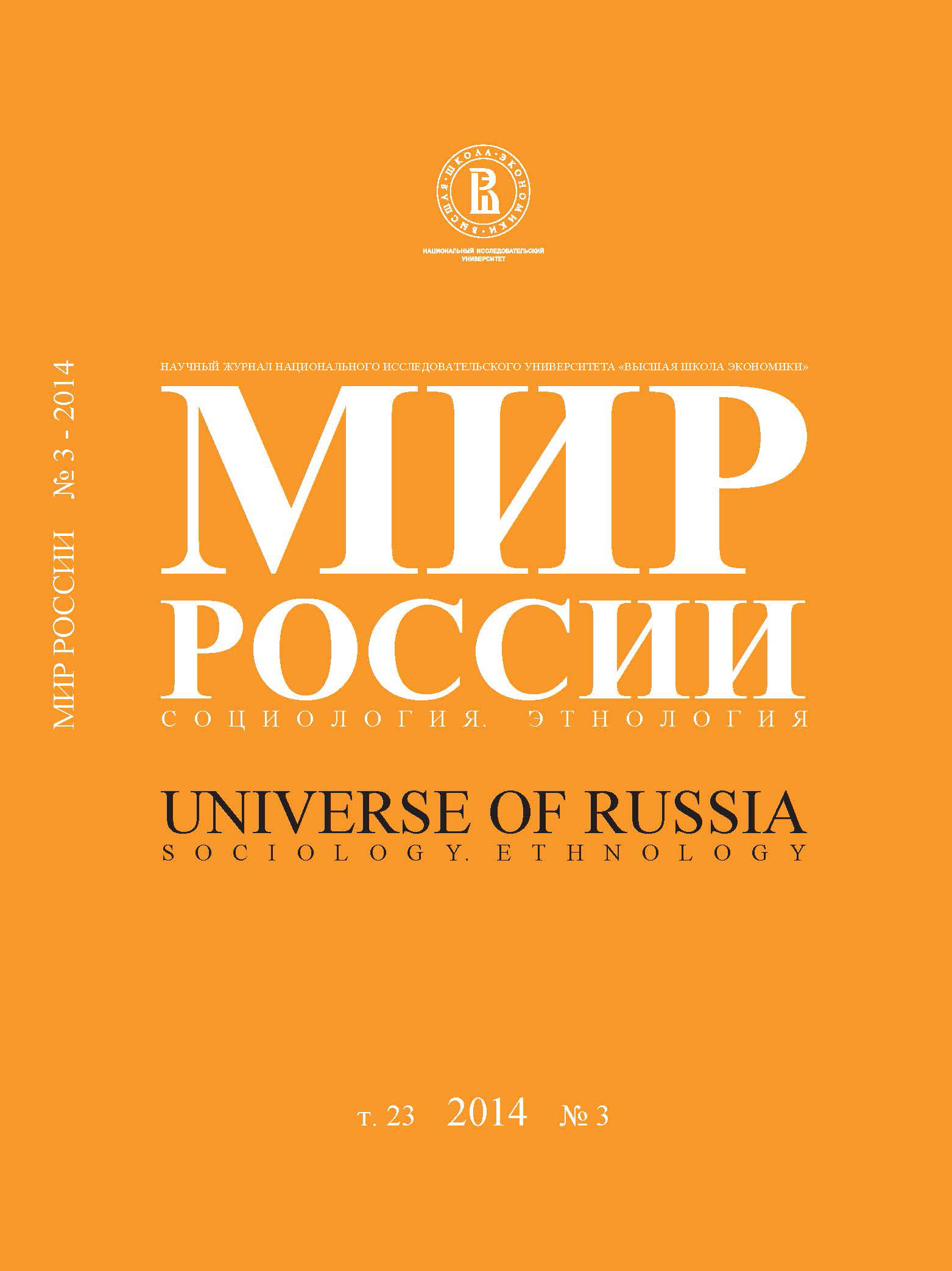From Social Innovation to Innovation System: LEADER in European and Russian Rural Areas
Abstract
Inna Kopoteva — Researcher, Small Business Centre, School of Business, Aalto University. Address: P.O. Box 1210, 7, Lönnrotinkatu, Mikkeli, FI-50100, Finland. E-mail: inna.kopoteva@gmail.com
Jouko Nikula — Senior Researcher, Aleksanteri Institute, University of Helsinki. Address: P.O. Box 42, 33, Unioninkatu St., Helsinki, FI-00014, Finland. E-mail: jouko.nikula@helsinki.fi
This article discusses the problems of European rural development in the context of Finland and the possibility of using European approaches to rural development in Russia. Rural areas in Finland have undergone profound structural changes within a very short time. In the 1970s, the number of farms dropped dramatically and agriculture was no longer a major source of
income in rural areas. At the same time, village movement and academic research villages were actively developing. In the early 1980s, these studies had a strong influence in shaping the rural development policy of the state, an important component of which was the close cooperation between the academic world and practitioners. One of the constituent elements of the defined
policy was the so-called “developmental block”, which included, among others, the support of local initiatives. The European LEADER approach is one of the mechanisms to support initiatives.
The acronym “LEADER” means “Liaison among Actors in Rural Economic Development”. It is an approach used to mobilize and deliver rural development in local rural communities. In Russia, a pilot LEADER project was carried out thanks to the cross-border cooperation program in the framework of the South-East Finland — Russia ENPI CBC 2007-2013 on the territory of the Republic of Karelia and Leningrad Oblast. The overall objective of the project was “the promotion of rural development in selected Russian regions on the basis of knowledge transfer from the Finnish partner” (LEADER approach).
The project had many and some rather ambitious goals. The goals were educative, activating and transformative. Educative goals included the knowledge transfer from Finland to Russia through training sessions with local activists and Local Initiative group-coordinators. Activating goals concerned local residents i.e. how to make them more interested in their own affairs and to take part in joint activities. Transformative goals of the project concerned new modes of governance, the bottom-up approach, and the development of partnership relations.
On the whole, the Ladoga Initiative project was successful in attaining its main goals, activating local people to cooperate for common interest, and to teach village activists project skills: how to calculate budgets, create time-tables and negotiate with relevant partners. Evidence for this can be seen in the villages in the form of play-grounds, sports facilities (football field, boxing ring) and cultural events which combine handicraft traditions, tourism and entrepreneurship. The Ladoga Initiative was a successful pilot, but any lasting results require more coherent rural policies and that local people are involved in the design and implementation of development policies like the LEADER-approach notes.






